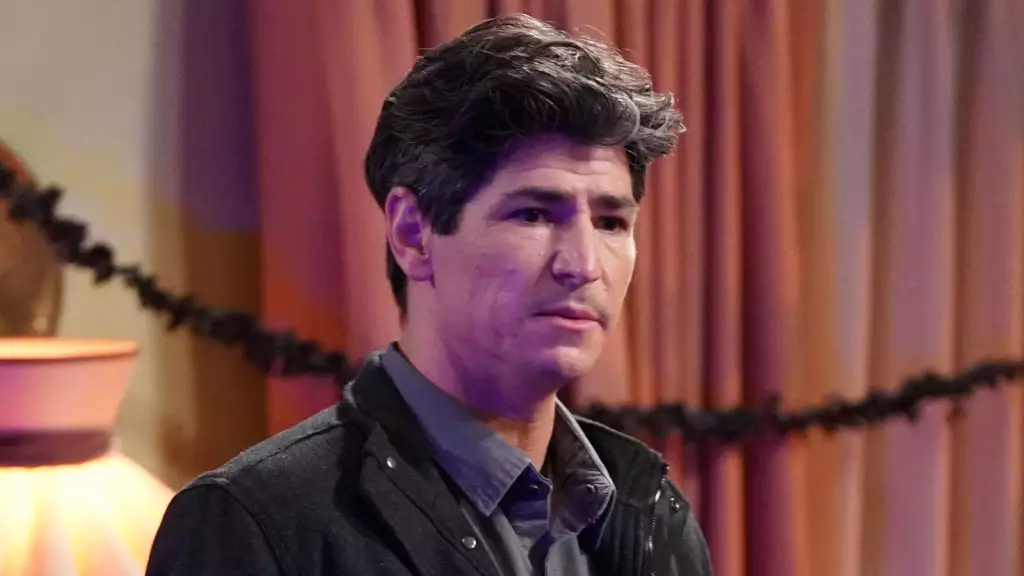Michael Fishman, well-known for his long-standing portrayal of DJ Conner in the seminal sitcom *Roseanne* and its continuation, *The Conners*, recently elaborated on his absence from the show’s finale. With a heavy heart but a sense of gratitude, Fishman took to social media, expressing his feelings about the journey and the closure that many fans, including himself, yearned for. His remarks resonate deeply with anyone who has ever invested emotionally in a beloved television series.
Fishman’s reflections on grief are particularly poignant in a landscape where celebrity interactions often unfold like a public spectacle. He mentions feeling a shift in public narrative around his departure, where sensationalism seeks to create conflict. Instead, Fishman advocates for empathy, positioning himself not as a victim of circumstance but as a beacon of understanding amidst the swirling emotions that often accompany endings.
Shaping a Legacy Together
The actor’s emphasis on gratitude shines through as he contextualizes the legacy of *Roseanne* and *The Conners*. Over the years, these shows have confronted numerous societal issues with a blend of humor and authenticity, paving the way for more inclusive storytelling. Fishman honors not just the iconic roles but also the community built around these beloved narratives. He sees the show’s legacy as a shared accomplishment, one that belongs to both the cast and the audience. This communal mindset invites viewers to reminisce and celebrate together, transcending the mere act of watching television.
He collaborated with industry veterans, specifically mentioning the Carsey-Werner Company, revealing an array of collaborations and relationships that have defined his career. His tribute to the production team and fellow cast members underlines the importance of teamwork in crafting compelling narratives that resonate with audiences on a profound level. This acknowledgment is crucial, as it counters the dominant narrative of individualism often celebrated in Hollywood.
Creating Safe Spaces for Authentic Connection
Fishman’s approach to dealing with his exit—creating a safe haven for conversation about grief and change—stands out in an industry often riddled with superficiality. He is deliberately choosing to foster a supportive environment. The symbolism of being a “lighthouse in the dark” emphasizes his commitment to guiding others through their emotional landscapes. This is a stark departure from the norm, where celebrity outings often prioritize drama over meaningful dialogue.
His ability to provide comfort and connectivity speaks volumes about his character. It’s a refreshing perspective that challenges the idea that closure must be dramatic or contentious. Instead, he embodies a softer approach, advocating for reconnection with the past—as he intends to reminisce by revisiting the show from its inception. This introspective journey illustrates not just a craving for nostalgia, but a desire to understand one’s place in the ever-evolving world of entertainment.
Fishman’s journey from being a part of a groundbreaking show to advocating for emotional health in the wake of personal change highlights a deep well of integrity and strength. The narrative he is weaving is not merely about his absence but rather the collective journey embarked upon with viewers. It’s a reminder that while physical presences may fade, the legacies we build together can linger on, shaping our experiences and connections for years to come.
